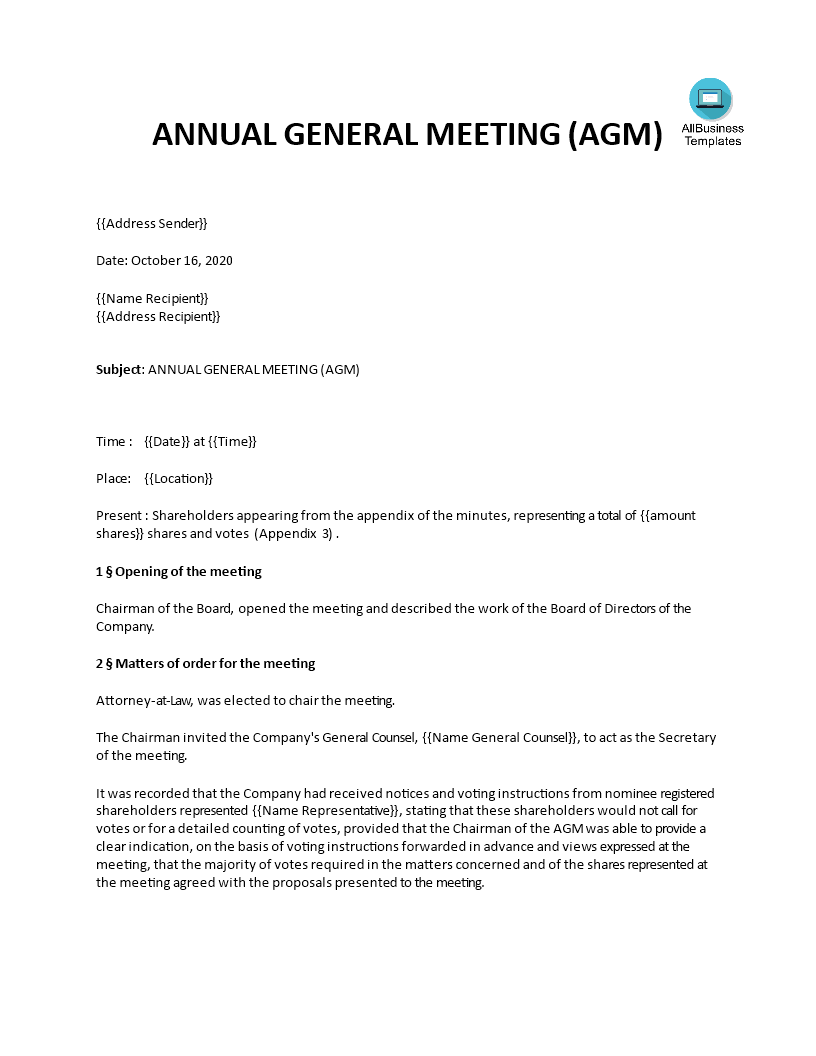Frankfurt Stock Market Opening: DAX Stability After Record High

Table of Contents
Factors Contributing to DAX Stability Post-Record High
Several key factors are contributing to the DAX's surprising stability after reaching record highs. These factors interplay to create a relatively resilient market, despite ongoing global challenges.
Strong Corporate Earnings
Many major DAX companies reported strong earnings in Q[insert current quarter], bolstering investor confidence.
- Volkswagen: Reported [insert percentage]% growth in profits, exceeding analyst expectations.
- Siemens: Showed robust performance across its various divisions, with particular strength in [mention specific sector].
- BASF: Despite global supply chain disruptions, BASF managed to maintain [mention key performance indicator].
This overall trend of positive earnings announcements across numerous sectors significantly impacted the DAX's stability. The consistent outperformance of expectations demonstrates resilience in the face of economic headwinds, reassuring investors. The strong earnings reports indicate healthy underlying economic activity within Germany.
Positive Economic Indicators
Germany's economy is exhibiting positive signs, further contributing to DAX stability.
- GDP Growth: [Insert latest GDP growth figures from Destatis], indicating continued economic expansion.
- Unemployment Rate: The unemployment rate remains low at [insert latest unemployment rate from Destatis], suggesting a strong labor market.
- Consumer Confidence: Consumer confidence indicators show [insert data on consumer confidence from a reputable source], pointing towards sustained consumer spending.
These positive economic indicators from reliable sources like Destatis are directly influencing investor sentiment. The healthy growth and low unemployment signal a robust domestic economy, making investment in the DAX appear less risky.
Global Market Sentiment
The current global market sentiment plays a vital role in the DAX's performance. While global uncertainty persists, the overall sentiment leans towards [positive/neutral/negative - choose one and justify].
- Global Trade Tensions: [Discuss the current state of global trade tensions and their potential impact on the DAX. Are they easing or escalating?]
- Geopolitical Events: [Mention any major geopolitical events (e.g., the war in Ukraine) and their influence on investor confidence in the German Stock Market.]
The interaction between the global economic climate and the German economy is crucial. While global events can create volatility, the strong domestic economic performance of Germany is helping to buffer the DAX from significant negative impacts.
Interest Rate Decisions
The European Central Bank's (ECB) recent interest rate decisions are also influencing the DAX. [Describe the ECB's recent actions and their effect on the market].
- Impact on Investor Behavior: [Analyze how these decisions affect investment strategies and investor confidence]. Higher interest rates can sometimes curb investment in the stock market, while lower rates can encourage it.
The ECB's monetary policy is a key factor in shaping investor expectations and risk appetite, directly impacting the DAX and the Frankfurt Stock Market.
Potential Risks and Future Outlook for the DAX
While the current stability is encouraging, several potential risks could impact the DAX in the future.
Geopolitical Risks
Ongoing geopolitical risks remain a significant concern for the DAX.
- War in Ukraine: The ongoing conflict continues to create uncertainty regarding energy supplies and global trade.
- Global Trade Tensions: Escalating trade wars or protectionist policies could negatively impact German exports and the DAX.
These geopolitical uncertainties introduce volatility into the market, making long-term forecasting challenging for investors in the Frankfurt Stock Market.
Inflationary Pressures
Persistent inflationary pressures in Europe pose a risk to the DAX.
- Impact on Corporate Profits: High inflation can erode corporate profit margins, potentially impacting investor confidence.
- Consumer Spending: Increased inflation can reduce consumer spending, impacting economic growth and the DAX's performance.
The ability of German companies to navigate and mitigate these inflationary pressures will be critical for maintaining the current DAX stability.
Energy Security Concerns
The ongoing energy crisis in Europe represents a substantial risk to the German economy and the DAX.
- Vulnerability of German Industries: Many German industries are heavily reliant on energy, making them vulnerable to price fluctuations.
- Impact on Economic Growth: High energy costs can stifle economic growth and negatively impact corporate profits.
Energy security remains a critical concern, and how Germany addresses this will profoundly affect the future performance of the DAX.
Conclusion
The Frankfurt Stock Market's DAX index has demonstrated remarkable stability after reaching record highs. This stability is primarily attributed to strong corporate earnings, positive economic indicators, and a relatively favorable global market sentiment, despite the influences of ECB interest rate decisions. However, potential risks such as geopolitical uncertainty, inflationary pressures, and energy security concerns remain. Staying informed about the Frankfurt Stock Market opening and DAX index fluctuations is essential for investors.
Call to Action: Stay informed about the Frankfurt Stock Market opening and the DAX index fluctuations by regularly checking our website for updated analysis and insights. Understand the intricacies of the DAX and make informed investment decisions based on comprehensive market understanding. Learn more about the DAX and Frankfurt Stock Market dynamics today!

Featured Posts
-
 Philips Shareholders 2025 Annual General Meeting Agenda Released
May 24, 2025
Philips Shareholders 2025 Annual General Meeting Agenda Released
May 24, 2025 -
 The Mia Farrow Warning Time Running Out For American Democracy
May 24, 2025
The Mia Farrow Warning Time Running Out For American Democracy
May 24, 2025 -
 Paris Economic Slowdown Analysis Of The Luxury Goods Sectors Role March 7 2025
May 24, 2025
Paris Economic Slowdown Analysis Of The Luxury Goods Sectors Role March 7 2025
May 24, 2025 -
 M6 Traffic Chaos Van Overturns Causing Significant Delays
May 24, 2025
M6 Traffic Chaos Van Overturns Causing Significant Delays
May 24, 2025 -
 Yevrobachennya Peremozhtsi Ostannikh 10 Rokiv Ta Yikhni Dosyagnennya
May 24, 2025
Yevrobachennya Peremozhtsi Ostannikh 10 Rokiv Ta Yikhni Dosyagnennya
May 24, 2025
